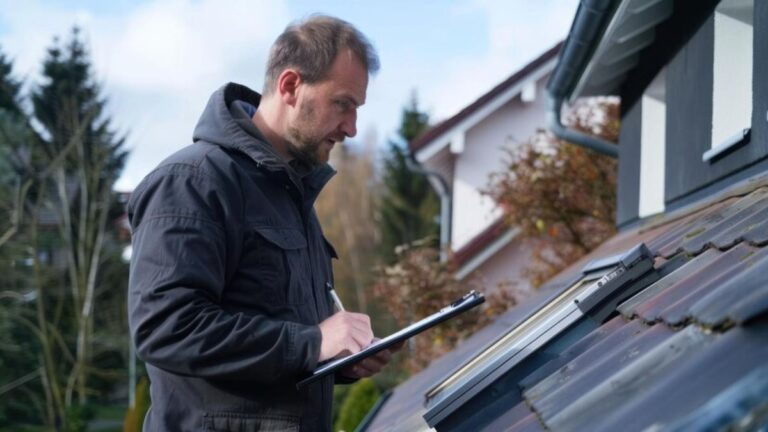Most folks don’t think about roofs until water starts dribbling down their living room wall. But a whole lot is going on up there that deserves your attention, particularly for roof warranties. You’d be surprised at how many people install a brand-new roof only to end up paying for repairs they thought were covered.
Warranties are supposed to be that invisible safety net catching you when things go wrong. However, not all are created equal. So before you find yourself staring at a bill for a roof repair, here’s a look at some roof warranty FAQs and why these warranties matter.
Roof Warranties: What’s Covered and What’s Not
Don’t be misled by the term “warranty” as if it’s a golden ticket. Roof warranties can be tricky—some only cover material defects, while others cover workmanship. Plus, there are often loopholes, like excluding leaks from severe weather. It’s crucial to understand what’s actually covered, whether it’s materials or labor, and how long it lasts. You don’t want a supposed 25-year warranty to turn out to be just a fancy five-year fix.
Types of Warranties: Manufacturer or Workmanship
Here’s where it gets tricky. The manufacturer might say, “We guarantee our materials,” which means your roof components won’t fall apart—that’s the manufacturer’s warranty. But if the installation isn’t done correctly, even perfect shingles won’t help. That’s where the workmanship warranty comes in, covering installation errors. Think of it as two pieces of a puzzle—you need both for complete coverage. Miss one, and you could be facing an unexpected bill down the road.
Preventing Costly Surprises: The Importance of Long-Term Warranty Coverage
Most people plan for today and maybe tomorrow, but roofs require long-term thinking. Short-term warranties? They’re like purchasing a car without a spare tire—everything’s fine until you hit a bump. A longer warranty means greater peace of mind. Since roofs are a significant investment, having an extended warranty reduces the chances of unexpected expenses popping up later.
Roof Maintenance and Your Warranty: What You Need to Know
You might think that a warranty means you can just forget about your roof until something goes wrong. Not exactly. Warranties often have stipulations, like requiring regular maintenance to keep the deal intact. Skipping inspections or neglecting small repairs can void your coverage faster than you can say “leak.” It’s kind of like a gym membership—you’ve got to put in a little work to see the benefits.
Common Warranty Exclusions to Be Aware Of
Let’s not sugarcoat this. No warranty covers everything. There are exclusions, and they’re usually buried deep in the fine print. Things like natural disasters—hail, hurricanes, you name it—might not be covered. Poor ventilation? Nope. Damage from walking around on the roof without knowing what you’re doing? Definitely not. Knowing what’s excluded can save you from a nasty surprise when you thought you were covered.
How to Choose a Roofing Company with the Right Warranty
Selecting a roofing company is like choosing a partner—you want someone you can trust, rely on, and keep their word. Look for a company that offers manufacturer and workmanship warranties. You want a company that won’t just install shingles and vanish at the first sign of rain. Ask the tough questions: what’s covered? For how long? What’s the process if something goes wrong? A good company will have solid answers, not just sales pitches.
Roof warranties aren’t the glamorous part of homeownership, but they’re essential. A good one can distinguish between a minor inconvenience and a financial disaster. Understanding the fine print, knowing about things like roof warranty FAQs, and making sure you’ve got long-term protection are key. Don’t wait until the rain’s pouring through your ceiling—take the time now to protect your future self from headaches and unexpected costs.
